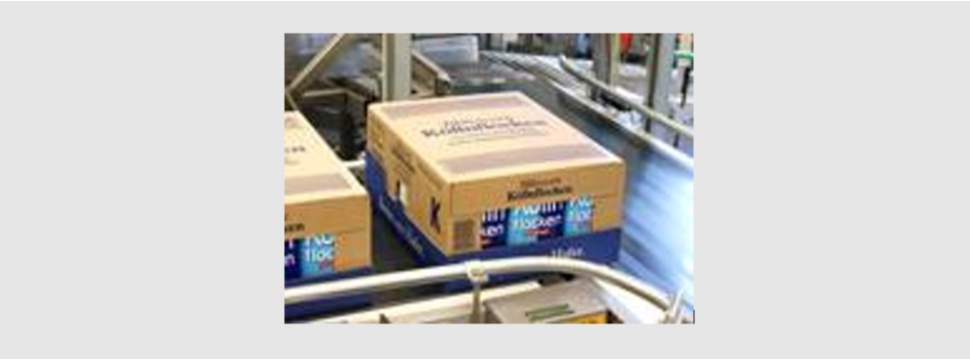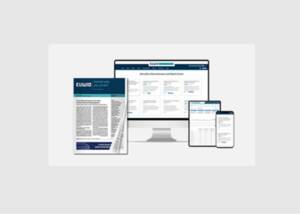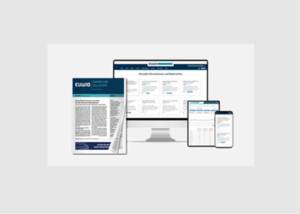Impending consequences of the EU Packaging Regulation: more plastic, more transport kilometres, higher costs
News General news
New study assesses planned reusable quotas as not achieving their goals

If the reusable quotas for e-commerce and certain transport packaging provided for in the draft European Packaging Regulation were to be implemented, this would have considerable negative effects, but only comparatively few benefits. The blanket requirements for the extensive use of reusable packaging would therefore not be expedient. This is the assessment reached by the Gesellschaft für Verpackungsmarktforschung (GVM) in a new study commissioned by the Verband der Wellpappen-Industrie e.V. (VDW).
"Eleven percent more plastic consumption, 200 percent more transport kilometres, 80 percent more storage space and up to 400 percent higher costs for packaging materials. These are among the consequences that threaten in 2040 if the Packaging Ordinance is adopted in the form proposed by the European Commission," warns VDW Chairman Dr. Steffen P. Würth, citing the GVM study. Using basic data from the year 2021, the analysis sheds light on how the reusable quotas for transport and mail-order packaging envisaged in the draft regulation would affect the German market. "We see clear contradictions here with the sustainability goals that the European Commission claims to be striving for - and not only with regard to the increased transport volume of a total of 400 million kilometres, which corresponds to around 10,000 circumnavigations of the earth", continues the VDW Chairman.
Würth regards the forecast increase in the use of plastics by eleven percent as questionable in view of the raw material base and recycling quotas: "The vast majority of plastics will continue to be produced from fossil raw materials - unlike corrugated board, which is based on plant-based and thus renewable resources." The fibre-based packaging materials paper, board and cardboard are also characterised by a high recycling rate, which has been around 80 per cent in recent years. "The VDW members can already boast an average recycling rate of more than 80 percent in the finished packaging," explains the VDW chairman.
According to the GVM study, it is to be expected that the quota requirement would even increase the use of primary material for transport packaging by one percent by 2040 instead of causing a decline. In the first year, GVM estimated that 285 kilotonnes of reusable packaging would have to be purchased just to set up the reusable systems - an amount that would exceed the corrugated board saved at the same time by 146 kilotonnes. "The goal of minimising packaging material, which the corrugated cardboard industry also strives for every day with the development of increasingly efficient solutions, is therefore likely to be missed by the rigid specifications," Würth concludes.
All in all, the GVM attests that the quotas aimed at by the EU Commission for transport and mail-order packaging are only of limited benefit at comparatively high costs. The analysis concludes that blanket requirements would not be expedient. Among other reasons, the GVM cites the large variety of transport and e-commerce packaging currently in use. Presenting these in reusable packaging makes neither economic nor ecological sense. "As a flexible material, corrugated board can play to its strengths when it comes to easily adaptable or even customised packaging," says Würth. This is a decisive factor with regard to the most efficient logistics possible and the further reduction of emissions, he said. "Reusable systems, on the other hand, with their necessary restriction to a few standard formats, tend to give rise to fears of an increase in empty space in supply chains - another point that contradicts the objectives of the draft EU regulation."
According to the GVM analysis, the reusable quota could also have almost absurd consequences for imports from non-EU countries. "It is quite possible that in the future millions of large household appliances would have to be repacked into reusable containers at the EU border. In these cases, two transport packages would be used per product - this is clearly the opposite of efficiency and environmental protection," explains Würth. The corrugated board industry therefore continues to appeal urgently to politicians to refrain from blanket reusable quotas for e-commerce and transport packaging for good reasons.










